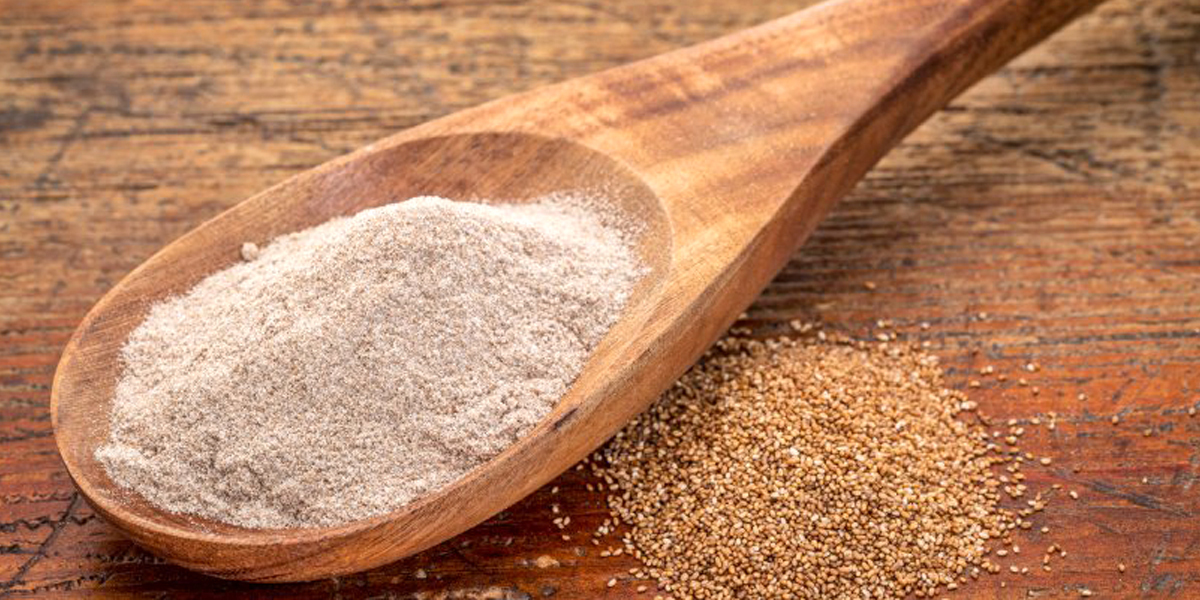

By Maggie McCracken
Cooking with ancient flours and grains is appealing for a number of reasons, not the least of which is their heritage health factor. Flours that ancient people have been using for thousands of years often come with a number of health benefits that give us a little something extra from standard modern wheat flour.
Teff flour, a gluten-free ancient grain native to Ethiopia and the surrounding region, is no exception, and people are really catching on. In fact, Epicurious named teff flour one of the upcoming food trends that will be big in 2017. If you’re interested in cooking with this delicious, hearty grain, here are some of the health benefits you may want to know about.
It’s Gluten-Free and Easy to Digest
Teff flour is a gluten-free flour, which makes it a great option for people with Celiac disease and other gluten sensitivities. Even if you tolerate gluten relatively well, though, you may find that teff is easier on your digestive system. Gluten-containing foods, while perfectly fine for those without sensitivities, create a low-level state of inflammation when eaten due to their difficulty being processed by the body.
“Although some may think only people diagnosed with celiac disease can be affected, the truth is that most people, regardless of whether or not they are diagnosed with celiac disease, are sensitive or downright intolerant to gluten,” states the Global Healing Center. “Certain skin conditions, digestive complaints, and mood disturbances are all subtle ways your body is telling you that something in your diet is not right.”
It’s Packed With Calcium, Helping to Reduce PMS Symptoms
Calcium is an important nutrient for bone health, but did you also know that it can help relieve PMS symptoms? A number of studies have suggested that women who supplement with calcium have lower incidences of severe PMS symptoms than those who do not.
It’s Full of Fiber
Did you know that teff flour contains five times as much fiber as wheat flour?
“One ounce of teff flour contains about five grams of fiber, compared to all-purpose wheat flour which only contains 1 gram,” explains the Global Healing Center.
Fiber is beneficial for good health, as it moves through the digestive tract and helps clear out accumulated waste, food and toxins. It promotes digestive regularity as well as nutrient absorption, making it vital component of a healthy diet.
It Can Help You Lose Weight
Speaking of fiber, did you know that fiber is one of the most important building blocks of any weight loss program? While low-fat diets help people lose weight with lots of fiber from whole grains, low-carb diets also include plenty of fiber in the form of vegetables. No matter which camp you fall into, you can’t deny that fiber is a crucial part of weight loss.
In fact, a research paper published in the Annals of Internal Medicine found that making only one dietary change—increasing the amount of fiber in your diet—can result in effective weight loss.
Teff flour’s high fiber content can be a great way to boost your efforts if you’re interested in losing weight. The combination of the grain’s fiber content, gluten-free nature and plentiful calcium make it an all-around great choice for vibrant health.
Reposted with permission from our media associate Care2.

 233k
233k  41k
41k  Subscribe
Subscribe 